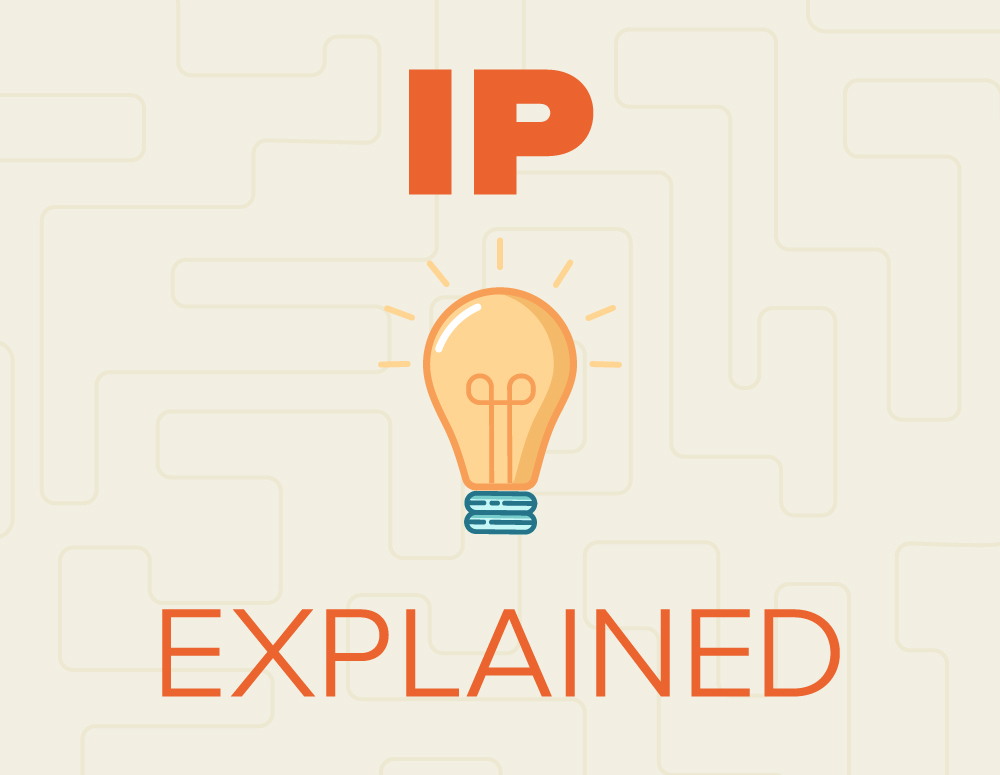Biologics are cutting-edge therapies that treat or cure some of the most challenging and costly diseases. These medicines are created from living organisms through highly complex manufacturing processes and include gene and cell therapies, therapeutic proteins, monoclonal antibodies and vaccines. In 2010, the Biologics Price Competition and Innovation Act (BPCIA) created an abbreviated regulatory approval pathway for biosimilars – a product that is “similar” to a biologic medicine that was already licensed by the U.S. Food and Drug Administration (FDA). Until Congress passed the BPCIA, there was no pathway to bring biosimilars to market. As of July 2019, 21 biosimilars have been approved in the U.S.
In today’s IP Explained post, we are exploring the balance struck by the BPCIA to provide intellectual property protections for innovator biologics while encouraging competition in the marketplace.
Data protection for biologics is important because it prohibits third parties from using or relying upon an innovator’s valuable clinical data to obtain FDA approval for their product for a set period of time. It’s important to note that the 12-year data protection clock runs at the same time as the biologic’s patents and does not wait for the patents to expire. This process recognizes the significant time and cost needed to secure FDA approval and helps protect innovators’ significant investment in getting a biologic medicine through the clinical trial process. Biosimilar applicants can apply to FDA as early as four years after a reference product is first licensed and a biosimilar approval may not be made effective until at least 12 years after a reference product is licensed. Once the data protection period expires, biosimilar applicants are free to rely on the innovator’s clinical data in order to get their product approved by the FDA.
There are three key reasons why adequate data protection for biologics is vital to fostering continued medical progress, investment in research and development (R&D) and economic growth in the United States:
- 12 years data protection ensures U.S. global competitiveness. The U.S. must remain competitive with other countries that provide at least 10 years of data protection (e.g., the European Union) or risk losing significant R&D investment to other countries.
- Certainty of data protection helps foster continued R&D investment. Adequate data protection facilitates investment in costly R&D for new biologic medicines. Additionally, because research doesn’t end on a medicine’s approval, these protections foster continued study for new indications that can benefit patients with a range of challenging conditions. Specifically, more than 150 treatments for Alzheimer’s have failed, but biologics may hold the key to finding a cure for this and other devastating diseases. Biologics have also helped slow cancer growth and prevent it from returning after chemotherapy. Biologics also hold tremendous promise in treating a host of autoimmune disorders such as multiple sclerosis (MS) and lupus. We don’t want to increase the number of uncertainties that could deter investments in these areas.
- Protecting R&D jobs in the United States. The biopharmaceutical industry directly supports more than 800,000 jobs, supports a total of more than 4.7 million jobs across the economy, and contributes $1.3 trillion in economic output when direct and indirect effects are considered. These economic impacts are driven by the R&D enterprise, which totaled $97 billion in the U.S. by industry alone in 2017.
Biologics are ushering in a new era of medicine by bringing additional options to patients. A data protection period of less than 12 years for biologics would undermine incentives for innovator companies to make the significant R&D investments needed to drive the discovery of new biologics and into post-approval innovations that can benefit patients.
Read this past blog post that details why the U.S. protects biologic medicines’ IP abroad through international trade agreements. To learn more about the importance of strong IP protections, visit on our IP page and follow along with our IP Explained Catalyst series.



